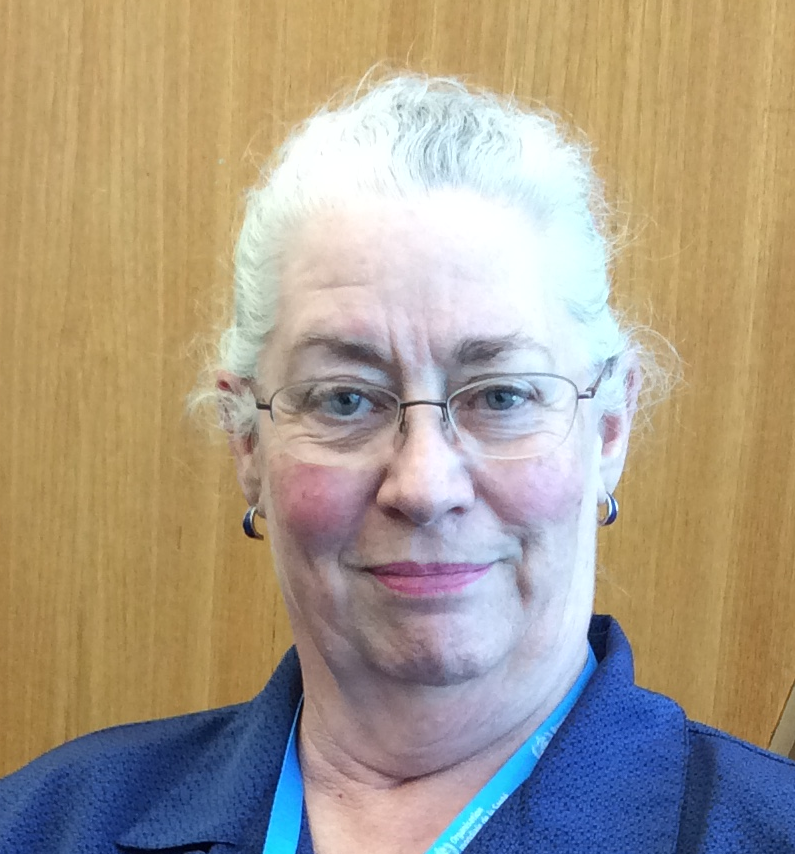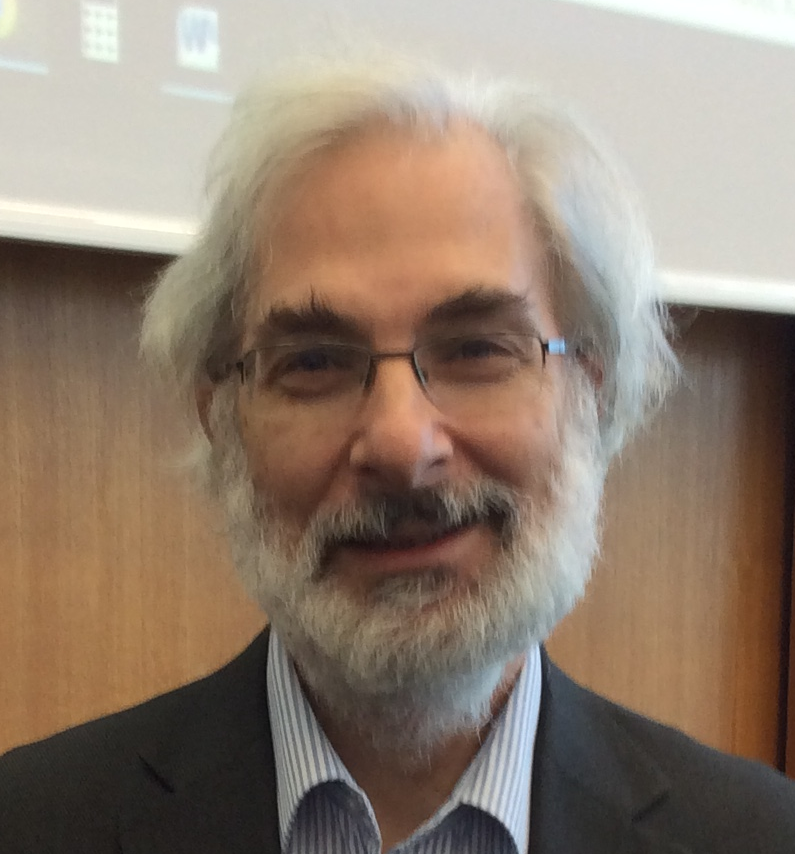Title
Meet the JECFA experts
Description
The Source of Scientific Evidence for Codex Work on Veterinary Drug Residues.The 85th meeting of the FAO/WHO Joint Expert Committee on Food Additives (JECFA), dedicated to veterinary drug residues, was held in Geneva, Switzerland, from 17 to 26 October 2017 (see our news article on the subject here). The meeting was attended by 25 individuals participating in their capacity as independent experts, not representing their employers, governments or any other institution. JECFA selects experts from its rosters for each meeting on account of the expertise required, the need for balanced scientific views and other experience essential for the evaluation of the items on the agenda of the meeting. The work of experts constitutes an invaluable contribution at the core of the FAO/WHO scientific advice process as well as a fundamental pillar of the soundness and reliability of Codex texts. We had an opportunity to interview four of the experts at the 85th meeting.
Mr Johan Schefferlie, ChairThe Netherlands, Medicines Evaluation Board Agency
Q: Tell us one great thing about JECFA! A: In JECFA, leading scientists on consumer risk assessment of chemicals in food from all over the world dedicate their time to advise Codex in establishing food standards. The expert composition of the Committee ensures high quality output and this made it an honour and pleasure for me to chair this JECFA meeting. Moreover, JECFA is a global leader in the risk assessment of veterinary drug residues in food. For example, this JECFA meeting has advanced its risk-assessment methodology to address risks from less-than-lifetime exposures – which is a new development. Q: What do you think is the big challenge for JECFA? A: It is a challenge for JECFA to maintain continuity in expertise and experience in the future because, for the evaluation of residues of veterinary drugs, the Committee meets only once every two years, and the number of dossiers from sponsors from industry is decreasing. Given the importance of Codex maximum residue limits (MRLs) to food safety and world trade alike, a continued or even improved contribution from industry sponsors will be essential.
Dr Lynn G. Friedlander, Co-ChairUnited States of America, Food and Drug Administration, Center for Veterinary Medicine
Q: This is your second session as co-chair. What are the challenges? The big challenge is to keep everyone focused on progressing the compounds through the evaluations and discussions, making sure we come up with scientifically sound recommendations that we all agree are appropriate. Q: What do you think are the big challenges for JECFA now and in the future? For any organization, it is always a challenge to maintain your audience’s perception of your relevance. I think JECFA is relevant 24/7, 365 days a year. It is important that our external audience – vet drug sponsors, consumers, regulatory agencies: basically the entire population of the world – recognize how relevant we are. It is only through such recognition that JECFA can get the support it needs –financial support, data submission and willingness on the part of relevant people to participate in the JECFA process. Q: What can we do to keep people engaged and enthusiastic about JECFA? JECFA may be as important as air the air we breathe, but it is much effortlessly available! It takes significant effort to run JECFA. We have to keep everyone engaged towards JECFA’s long-term, higher goals – not only the experts who participate in JECFA meetings but also those who provide dossiers and the organizations that provide the infrastructure, personnel and resources to carry out this work.
Professor Alan BoobisUnited Kingdom, Imperial College London, Faculty of Medicine
Q: You have been attending JECFA (vet drug residues) continuously for the past 20 years. What motivates you to keep coming to JECFA? It is a rewarding activity that gives you an opportunity to see how science should work and can translate into public-health impact. It allows me to apply the toxicological science I have been involved in over the years to solve problems and provide advice that make a difference at an international level in an objective, science-based way. It can also help identify research gaps, providing opportunities for meaningful research. Q: What is unique about JECFA’s risk assessment? We have no rigid data requirements. If we are missing some data, it won’t automatically mean that we cannot proceed. We would use our best scientific endeavour to evaluate any information available, which is not the case in many other places. Q: What are you cautious about when conducting risk assessment? I always try to use, to the extent possible, the breadth of knowledge on biology and toxicology in general and not just on the compound of interest. It is a mistake to address each compound as a unique question. It is part of a wider spectrum. You need to use the biological knowledge of other situations to inform your evaluation. Q: Any messages for the Codex community? We appreciate the increasing recognition of the science coming from JECFA. I hope this trend will continue and even increase over the years. I hope that risk assessment from JECFA continues to feed into the Codex decisions and that the science of JECFA is held in appropriate esteem.
Dr Chris SchyvensAustralian Pesticides and Veterinary Medicines Authority
Q: How is risk assessment conducted by JECFA different from that conducted in Australia? The principles used as the basis of risk assessment by both are very similar. There can be difference in terms of how you perceive risk associated with certain toxicological effects. For example, some countries might be more sensitive to reproductive toxicity and, as a result, may raise the bar a little higher. The only big difference would be the reporting style. In Australia, reports can be massive and run for hundreds of pages, whereas JECFA reports need to be much more succinct, meaning experts must focus on the key aspects of their assessment. I find that discipline quite nice. Q: What is great about JECFA? What do you learn from others? The most valuable part of JECFA is to be able to work with people with similar competences and capabilities in the area of chemical risk assessment. It gives you reassurance from a small-country perspective that we are doing things in a similar manner. Australia’s use of agricultural chemicals represents only 2 percent of the world’s market. It has been a great opportunity to learn how to do things better and smarter from experts from all over the world with lots of experience. Such an environment is critical for enhancing our national capabilities. Coming to a JECFA meeting is like attending a two-week personal seminar, where participants can always learn something new from each other! Rain Yamamoto Links Learn more about JECFA
News date
02/11/2017
|

Page tools





